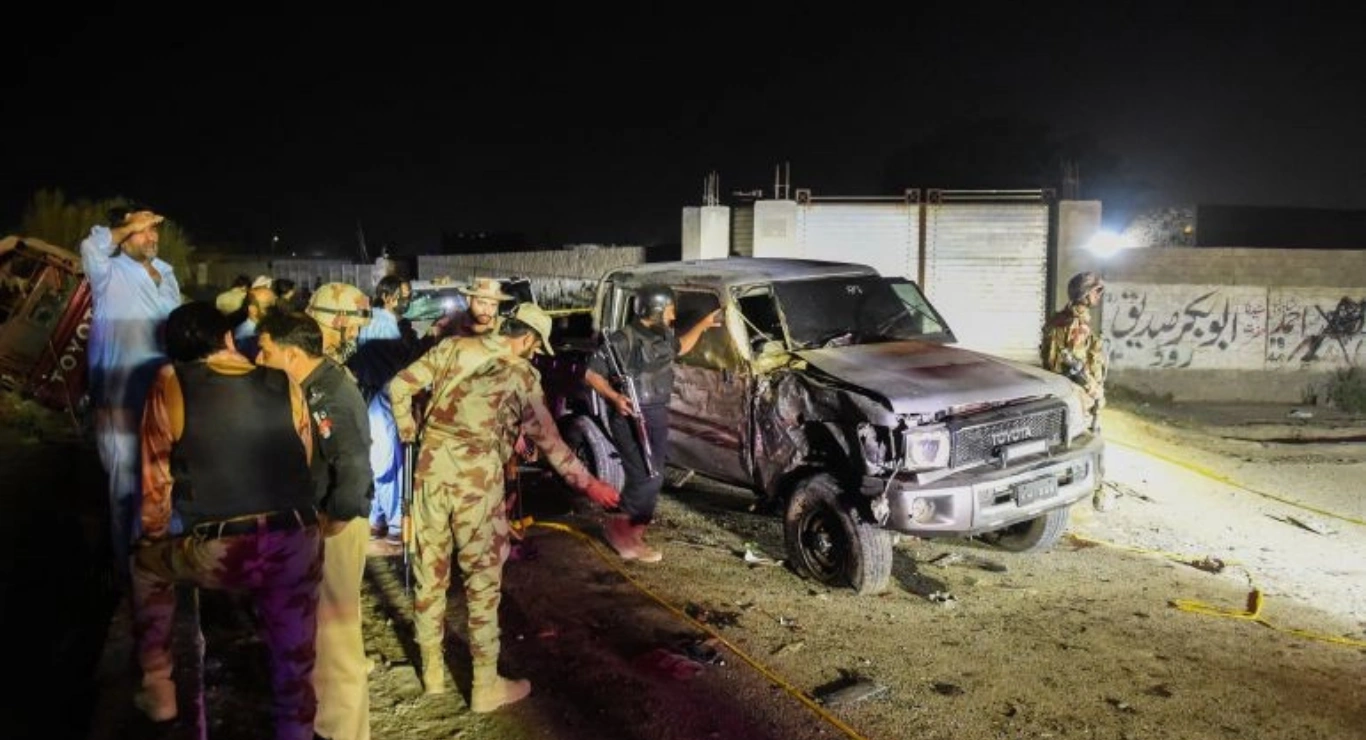The Cost of Stubborn Politics Fueled by PTM

The night of 2 September 2025 will remain etched in the memory of Quetta, not merely as another entry in its long and tragic chronicle of violence, but as a moment when political defiance turned into human loss. At approximately 9:45 p.m., a deafening blast shook the surroundings of Shahwani Stadium, minutes after a gathering marking the death anniversary of Sardar Akhtar Mengal’s father had concluded. The scene was harrowing, ordinary citizens, many of them party workers and locals returning home, became the unsuspecting victims of a suicide bomber who struck just as the leaders had already made their exit.

This was not an unforeseeable act of violence. It was not, as some may have framed it, an inevitable tragedy born of chance. The state security apparatus had issued clear warnings, advising against the gathering in light of credible intelligence about potential attacks. Section 144 was in force, prohibiting large assemblies for precisely this reason.
Yet the counsel of caution was brushed aside, replaced instead with the pursuit of political display. The stubbornness with which this rally was pressed forward opened a dangerous window, and the terrorists, ever calculating, seized it.
Also read
The Brutal Reality of Balochistan’s Proxy War on Its Own People
One cannot overlook the timing. From 4 p.m., the crowd began filling the stadium, swelling to a figure between 2,500 and 3,000 participants. Prominent figures, including Akhtar Mengal and Mehmood Khan Achakzai, were present, addressing their supporters. Yet, as fate would have it, or perhaps as the meticulous planning of malign actors dictated, both leaders departed around 9:30 p.m., leaving behind their followers. Barely fifteen minutes later, the bomber detonated himself, killing at least four and injuring several more in the initial reports. The grim reality is that the ordinary citizen bore the brunt, while those who had been warned in advance walked away unharmed.

This is not an isolated episode. A similar attack unfolded earlier this year, on 30 March at Lak Pass, again targeting a gathering connected to Akhtar Mengal. The pattern is difficult to ignore: public mobilizations despite prohibitory orders, credible intelligence dismissed, and lives lost in the aftermath. In a province already scarred by instability, such disregard for warnings is not merely a matter of personal choice, it becomes an abdication of responsibility toward those who gather in good faith, trusting their leaders.
Also read
Pakistan bashing by Baloch Diaspora
In examining the motives behind these gatherings, one must tread carefully, but facts must not be obscured by rhetoric. The Balochistan National Party’s relevance has waned considerably in recent years, its influence diminished and its leadership often resorting to gestures meant more to resuscitate political stature than to serve the people. In this light, such rallies, though presented as commemorations, also function as attempts at political revival. The tragedy, however, is that these efforts come at the expense of ordinary Baloch lives.
Even more troubling is the reactionary narrative spun by certain quarters. Groups like the Pashtun Tahafuz Movement (PTM), in their statements following the blast, sought to cast blame upon the state, portraying the tragedy as proof of systemic denial of peace to the Baloch.
Their rhetoric conveniently omits the fact that the state had issued warnings, enforced prohibitory orders, and done everything within its constitutional remit to prevent precisely this kind of bloodshed. By twisting the facts, PTM’s narrative aligns, wittingly or unwittingly, with the propaganda of hostile forces, particularly those who have long sought to destabilize Balochistan.

It would be naive to ignore the broader context. Pakistan has repeatedly pointed to the hand of India in sponsoring violence within its borders, especially in Balochistan. The Shahwani Stadium blast bears the hallmarks of such orchestrated terror: carefully timed, aimed at sowing mistrust between citizens and the state, and carried out at a moment calculated to inflict maximum political damage while sparing the leadership itself. When PTM and its sympathizers echo lines that conveniently align with foreign propaganda, it raises uncomfortable but necessary questions about intent and loyalty.

To be clear, this is not a call to silence criticism, nor an attempt to shield the state from accountability. Rather, it is a reminder that accountability must rest upon facts, not manipulated narratives. The fact remains that warnings were issued. The fact remains that Section 144 was defied. The fact remains that innocent citizens, not leaders, paid the ultimate price. And the fact remains that those who now shift blame away from the perpetrators and their sponsors do a disservice not only to the truth but to the memory of those lost.
The blast at Shahwani Stadium should serve as a somber reminder that political obstinacy, when coupled with external meddling and internal opportunism, can have devastating consequences. It is easy to mourn, easier still to condemn. What is harder, and what Pakistan must insist upon, is a reckoning with the choices that allowed such a preventable tragedy to unfold. The loyalty of the state lies not with individuals seeking political revival, nor with narratives spun to appease foreign masters, but with the ordinary citizens whose right to life and safety is paramount. Anything less would betray not just Quetta, but Balochistan and Pakistan itself.
Disclaimer: The views and opinions expressed in this article are exclusively those of the author and do not reflect the official stance, policies, or perspectives of the Platform.











